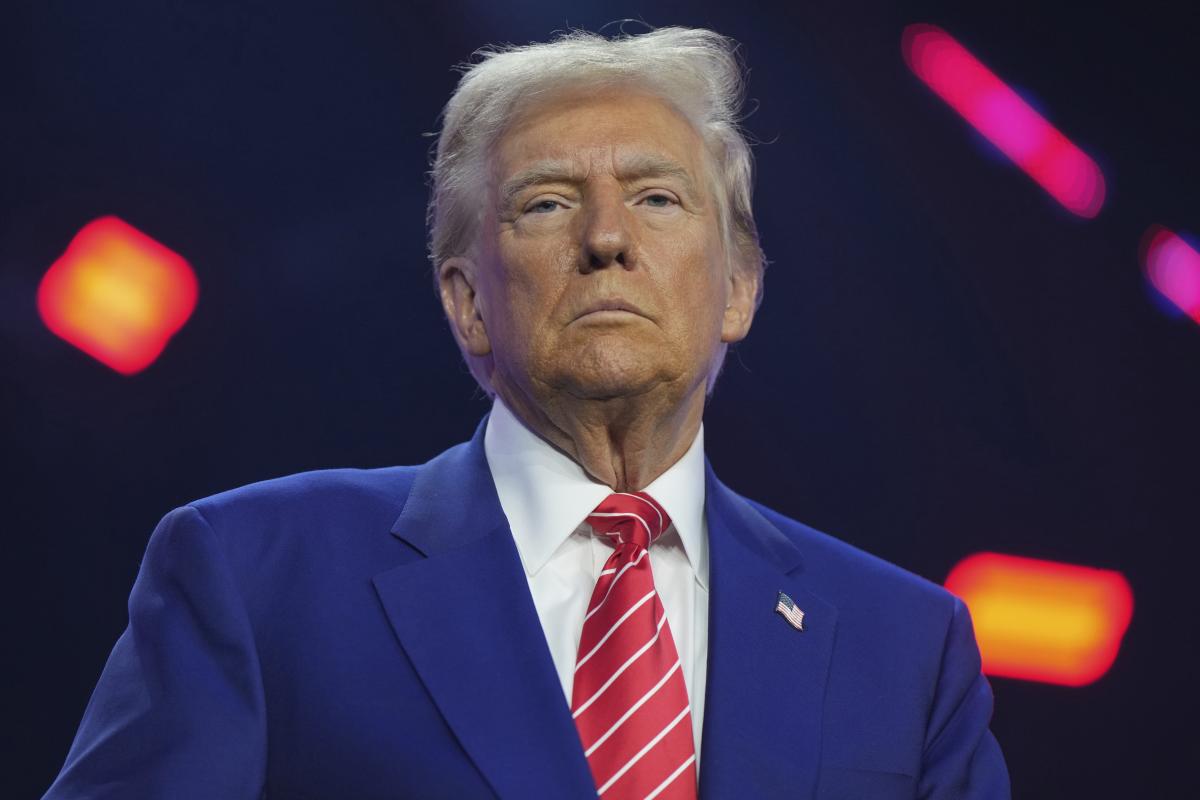
A federal appeals court has upheld a jury’s $5 million civil verdict against Donald Trump for sexual abuse and defamation claims brought by the writer E. Jean Carroll.
A three-judge panel ruled unanimously Monday that the trial judge did not violate Trump’s rights when he allowed Carroll to present evidence suggesting Trump had committed other sexual assaults. That evidence included Trump’s comments on the infamous “Access Hollywood” tape as well as testimony from other two other women who accused Trump of sexual assault.
“[T]he jury could reasonably infer … that Mr. Trump engaged in similar conduct with other women — a pattern of abrupt, nonconsensual, and physical advances on women he barely knew,” the panel wrote in a 77-page opinion. The judges ruling on the matter were Obama appointees Denny Chin and Susan Carney, as well as Biden appointee Myrna Perez.
Trump may appeal the ruling to the full bench of the Manhattan-based 2nd U.S. Circuit Court of Appeals or to the Supreme Court. It’s a significant legal setback — though one that was foreseeable — as Trump prepares for his inauguration next month. It comes on the heels of a legal victory for the president-elect in a related civil case against ABC News and anchor George Stephanopoulos, who said on the air that the civil jury found Trump had raped Carroll.
ADVERTISEMENT
Carroll accused Trump of raping her in a department store dressing room in the 1990s and sued him for civil damages. In May 2023, a federal jury did not find Trump liable for rape but did find him liable for sexual abuse and defamation, and it ordered Trump to pay Carroll $5 million.
A separate jury earlier this year ordered Trump to pay her $83.3 million for a different defamation claim. Trump is appealing that verdict as well.
Both defamation claims arise from statements that Trump made about Carroll in which he denied her account of rape and called her a liar.
The “Access Hollywood” tape, in which Trump was captured on camera in 2005 talking about using his star status to kiss and grope women without permission, has haunted Trump since 2016, when it nearly ended his nascent career as a presidential candidate weeks before the presidential election. Though it ultimately proved not to be enough to end his candidacy, it has remained a key piece of evidence in the legal proceedings he’s faced ever since.
EMEA Tribune is not involved in this news article, it is taken from our partners and or from the News Agencies. Copyright and Credit go to the News Agencies, email news@emeatribune.com Follow our WhatsApp verified Channel



